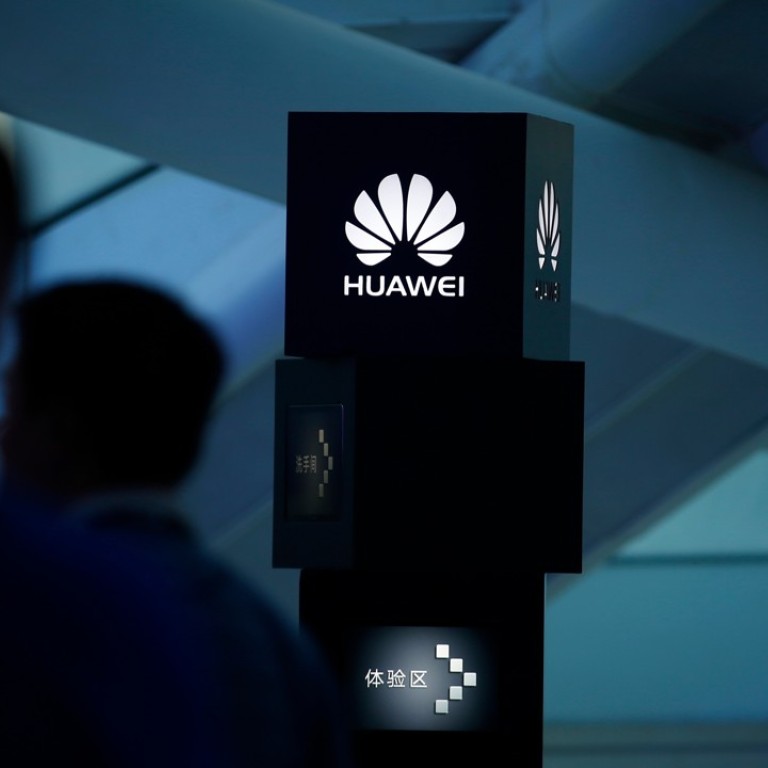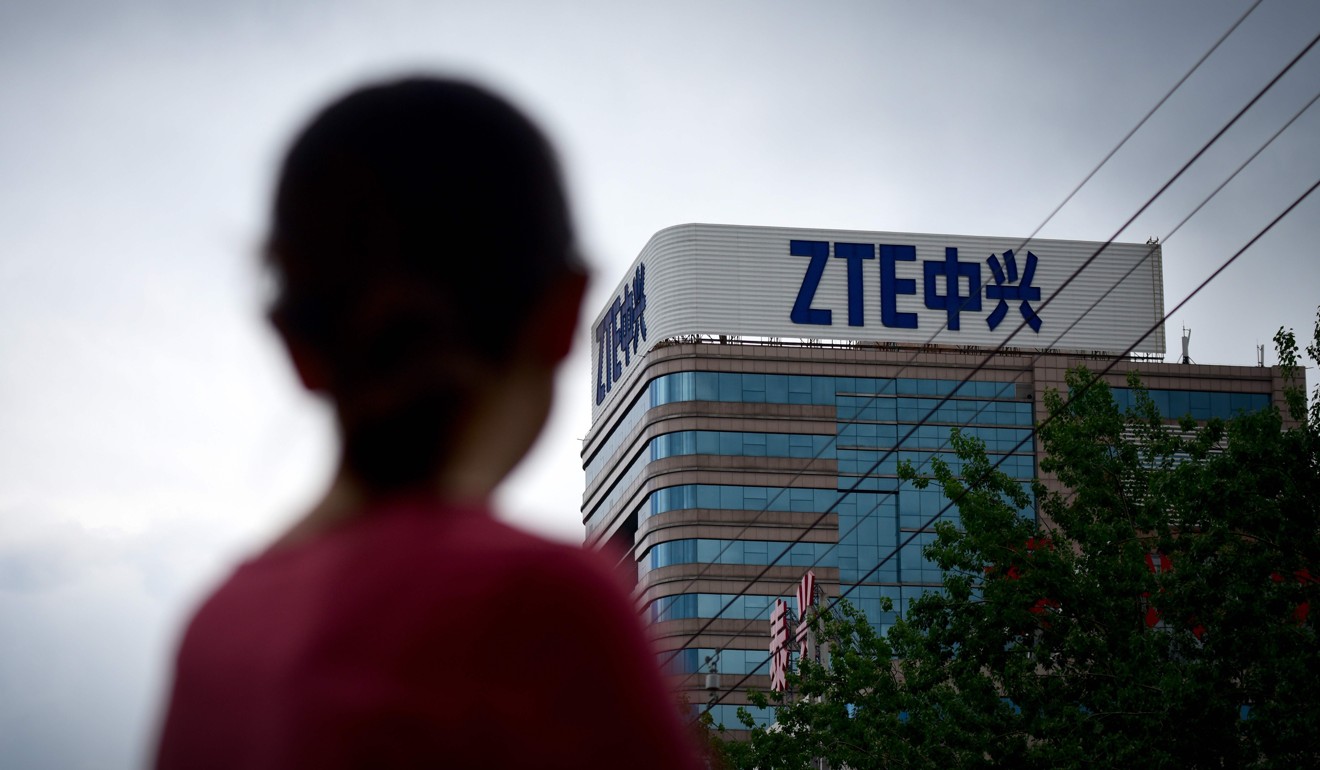
Huawei, ZTE customers in the US contemplate life without them
Small network operators in the United States are bracing themselves for bad news, as the White House considers restricting the ability of the two Chinese firms to sell products in the US because of national security concerns
As the United States government mulls further restrictions on the activities of Chinese telecommunications equipment makers Huawei Technologies and ZTE Corp, many small carriers dependent on these suppliers for low-cost gear have found themselves in limbo.
Companies that bought network equipment as well as smartphones from the two Chinese firms may experience disruptions – some may have to rip out existing infrastructure, while others could confront shortages of cheap handsets they sell in their stores, potentially turning away some price-sensitive customers.
The US carriers are bracing themselves as more bad news for the Chinese suppliers trickles in: The White House is mulling restricting their ability to sell telecoms equipment in the US based on national security concerns, The Wall Street Journal reported.
The Pentagon is also restricting sales of those equipment suppliers’ smartphones and modems on military bases, and may consider a departmentwide advisory regarding purchases of their devices. The Federal Communications Commission is considering sanctions.
In April, the Department of Commerce prohibited ZTE from exporting anything out of the US – which means that the company cannot access chips to make its smartphones for sale in the US market, said John Marick, chief executive at mobile network operator Consumer Cellular.
“Literally every company in the US that sells ZTE devices, they are all scrambling to fill this void,” Marick said.
In the fourth quarter of last year, ZTE accounted for 10 per cent of North American smartphone shipments, according to researcher Counterpoint.
Huawei is a smaller US supplier of smartphones, but was the third-largest seller worldwide in the fourth quarter, according to Gartner.
Representatives for Verizon Communications and Sprint Corp declined to comment. AT&T and T-Mobile did not immediately respond to inquiries.
Verizon and AT&T both dropped plans in January to carry Huawei’s flagship smartphone amid renewed concerns by lawmakers that China-made gear could present security issues.
Marick said he is talking with other suppliers, such as Nokia’s Alcatel and Lenovo Group’s Motorola, but may have a gap of several months when he does not have the low-cost device options his customers are used to.
Consumer Cellular currently sells a US$60 ZTE smartphone; once the supply runs out, its lowest-priced mobile phone will cost US$100, he said.

Marick said he is talking with other suppliers, such as Nokia’s Alcatel and Lenovo Group’s Motorola, but may have a gap of several months when he does not have the low-cost device options his customers are used to.
Consumer Cellular currently sells a US$60 ZTE smartphone; once the supply runs out, its lowest-priced mobile phone will cost US$100, he said.
“A lot of our customers choose us for affordability, and that’s what ZTE was filling out in our line-up,” Marick said.
Another carrier, LHTC Broadband, is also in a bind because it is about 75 per cent finished installing Huawei’s gear to provide video and high-speed internet on its network.
“Obviously we are concerned,” said LHTC chief executive Jim Kail. “It creates uncertainty, to say the least. Now we are 75 per cent done with this particular project, it’s very difficult to just stop and change direction. We are hoping we don’t have to start ripping things out.”
Huawei and ZTE’s products make up less than 1 per cent each of the US mobile and fixed telecoms equipment markets, according to Dell’Oro Group.
If unable to continue working with Huawei, Kail said he may work instead with its existing suppliers, Calix and Adtran.
Literally every company in the US that sells ZTE devices, they are all scrambling to fill this void
Eastern Oregon Telecom, meanwhile, is unsure which vendors it would be allowed to deal with, company chief executive Joe Franell said.
If all work with Huawei is prohibited, “we’d have to rework some portions of the network and that would be costly, so I wouldn’t have as much money to expand into rural markets”, Franell said. “That would be a lose for rural America.”
“The Ciscos and the Junipers of the world, they are more expensive,” he said.
US telecoms gear suppliers Cisco Systems and Juniper Networks compete against Huawei and ZTE.

